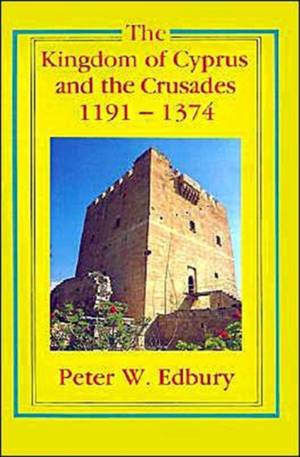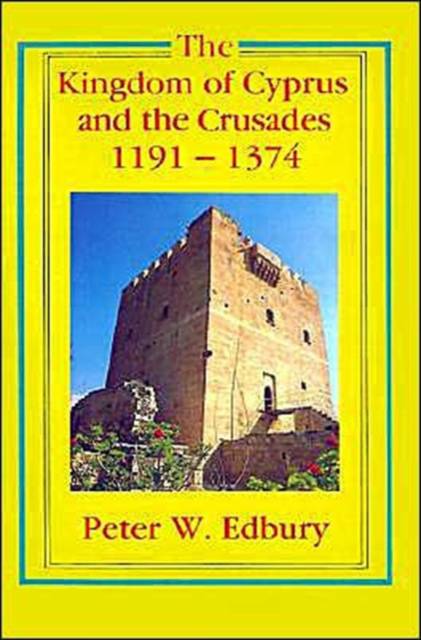
Bedankt voor het vertrouwen het afgelopen jaar! Om jou te bedanken bieden we GRATIS verzending (in België) aan op alles gedurende de hele maand januari.
- Afhalen na 1 uur in een winkel met voorraad
- In januari gratis thuislevering in België
- Ruim aanbod met 7 miljoen producten
Bedankt voor het vertrouwen het afgelopen jaar! Om jou te bedanken bieden we GRATIS verzending (in België) aan op alles gedurende de hele maand januari.
- Afhalen na 1 uur in een winkel met voorraad
- In januari gratis thuislevering in België
- Ruim aanbod met 7 miljoen producten
Zoeken
€ 76,45
+ 152 punten
Omschrijving
The island of Cyprus was conquered from its Byzantine ruler by Richard I of England in 1191 during the Third Crusade, and remained under western rule until the Ottoman conquest of 1570-1. From the 1190s until the 1470s the island was a kingdom governed by the members of the Lusignan family. The Lusignans, who hailed from Poitou in western France, imposed a new European landowning class and a Catholic ecclesiastical hierarchy upon the indigenous Greek population. Nevertheless, their regime provided long periods of political stability and, until the late fourteenth century, a considerable period of prosperity. In the thirteenth century the island was closely linked to the Latin states in Syria and the Holy Land by political, social and economic ties and, with the fall of the last Christian strongholds to the Muslims in 1291, it became the most easterly outpost of Latin Christendom in the Mediterranean. This new study, which is based on original research, traces the fortunes of Cyprus under its royal dynasty and its role in the Crusades and in the confrontation of Christian and Muslim in the Near East until the 1370s. It is both a major contribution to the history of the Crusades in the Levant and the only scholarly study of medieval Cyprus currently available.
Specificaties
Betrokkenen
- Auteur(s):
- Uitgeverij:
Inhoud
- Aantal bladzijden:
- 260
- Taal:
- Engels
Eigenschappen
- Productcode (EAN):
- 9780521458375
- Verschijningsdatum:
- 28/10/1993
- Uitvoering:
- Paperback
- Formaat:
- Trade paperback (VS)
- Afmetingen:
- 152 mm x 227 mm
- Gewicht:
- 376 g

Alleen bij Standaard Boekhandel
+ 152 punten op je klantenkaart van Standaard Boekhandel
Beoordelingen
We publiceren alleen reviews die voldoen aan de voorwaarden voor reviews. Bekijk onze voorwaarden voor reviews.









